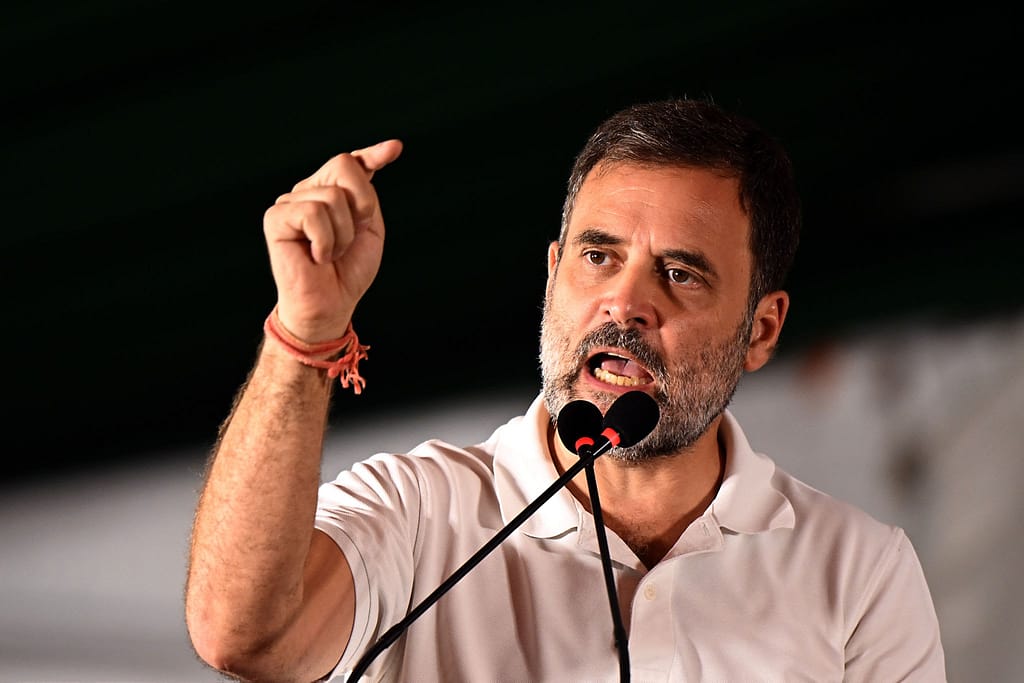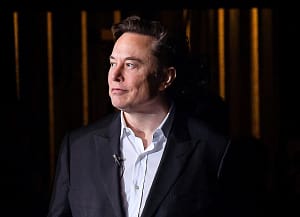
Introduction Rahul Gandhi..
Rahul Gandhi, a well-known Indian politician and an essential participant in the Indian National Congress, has significantly shaped the current Indian political life. He was born into the Nehru-Gandhi family that has produced several of India’s most powerful leaders, Rahul Gandhi’s political journey is closely observed and frequently discussed. This article focuses on his childhood, education, political career, accomplishments, controversies, and plans for India.
Family History and Early Life
Rahul Gandhi was born on the 19th of June 1970 into the famous Nehru-Gandhi family. It is a lineage that played a significant part in the history of India’s politics. He is the father of Rajiv Gandhi, the former Prime Minister of India, and Sonia Gandhi, former President of the Indian National Congress. His maternal grandmother, Indira Gandhi, and great-grandfather, Jawaharlal Nehru, were also Prime Ministers of India.
Growing up in an active political family, Rahul was exposed to the world of politics at an early age. Despite the privileges and constraints that were a part of his heritage, His early years were characterized by several personal tragedies, such as the murders of his grandparents and father, which significantly changed his perspective on the world and politics.
The education system and Early Career
Rahul Gandhi’s journey to education took him to some of the most prestigious universities. He was a student at St. Stephen’s College in Delhi student before transferring to Harvard University. After that, he received his bachelor’s degree in International Relations and Development Studies at Rollins College in Florida. He also obtained an M.Phil. in education at Trinity College, Cambridge.
Before entering politics, Rahul was employed in a variety of capacities. This included in London’s Monitor Group, a management consulting firm. His varied experiences and international experience shaped his knowledge of policy-making and governance and laid the groundwork to his future political ambitions.
Political Journey Rahul Gandhi
Rahul Gandhi first became a politician in 2004 running for and winning the seat in parliament in Amethi, Uttar Pradesh, an area previously held by the father of his. His election marked the beginning of a new era in Congress. Congress Party, with many believing that he could revive the fortunes of the party.
Through the many years, Rahul has held several important posts inside The Congress Party. He was The General Secretary for the All India Congress Committee and then as vice-president of the Congress party. In 2017 He was elected The President of the Indian National Congress, succeeding his mother, Sonia Gandhi.
Successes
In his time as a politician, Rahul Gandhi has been engaged in numerous initiatives and policy discussions. He has been a prominent advocate for economic justice, social justice reforms and empowerment of communities that are marginalized. Some of his most notable contributions include:
- The empowerment of youth: Rahul is a consistent advocate of young people’s participation in the political process. He has launched his Indian Youth Congress and the National Students’ Union of India which provides an opportunity for youth leaders to take part in the political process and take on assume leadership role.
- Rural Development: He’s fought to protect the interests of rural farmers as well as rural communities, with a particular focus on issues like land acquisition, reforms in agriculture and the development of rural infrastructure.
- Economy Policies Rahul calls for economic growth that is inclusive, and has stressed the need for an equitable distribution of opportunities and resources. He has also endorsed initiatives that are aimed at increasing the size of small and medium-sized enterprises (SMEs) as well as promoting sustainable growth.
Controversies and Contests
Rahul Gandhi’s political life has not been free of controversy and controversies. He has been criticized for his style of leadership along with electoral losses and occasionally, he has made mistakes in public speeches. Some of the most controversial issues are:
- Critics of Leadership: In spite of his efforts Rahul is often accused of being a indecisiveness and lack of strategic ability, particularly in crucial election campaigns.
- Election Defeats under his leadership his Congress Party faced significant defeats in both the general elections in 2014 and 2019 which raised concerns about his effectiveness as an administrator.
- Raul’s public failings public speeches or public speaking appearances have often attracted ridicule and criticism and impacted his image in the public eye and affecting his credibility.
The public image Rahul Gandhi and speech
Rahul Gandhi’s speeches have included an amalgamation of fiery advocacy and controversial statements. Some of his most memorable speeches include his speech to his address at the University of California, Berkeley where he addressed the current state of Indian politics as well as his vision for the nation. Public image of him has always been the focus of intense media scrutiny with often conflicting opinions.
Vision for India
Rahul Gandhi is a believer in an India that is fair, inclusive and progressive. His vision includes:
- Social Justice: Defending the rights of women, minorities and other marginalized groups as well as ensuring equal opportunity and legal protection.
- Economic Reforms: promoting sustainable economic growth through an emphasis on job creation Innovation, support, and assistance for SMEs.
- Educational Reforms: Enhancing educational quality, making education more accessible to everyone, and aligning it with the demands of a changing economy.
- Environmental Sustainability: Stressing the importance of conservation of the environment and sustainable development methods.
Conclusion
Rahul Gandhi’s political career is a mixture of ambition, legacy and issues. As an influential persona in Indian politics, his decisions and strategies continue to shape the conversation about the future of India. Even though his leadership has come under criticism and setbacks however, his dedication to inclusion and social justice remains the foundation of his political philosophy. The next five years will be pivotal in the determining of his legacy and the impact on the political landscape of the country.





